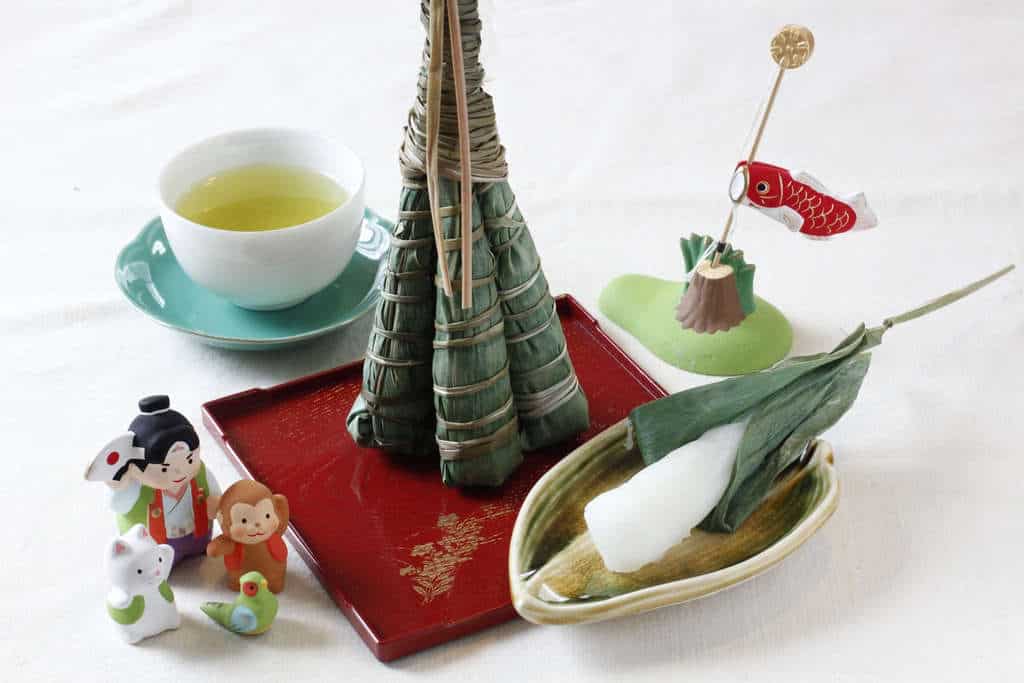
Chimaki is sticky rice dumplings that are wrapped with bamboo leaves. It's a tradition to serve every May 5th with Kashiwa Mochi.
Sticky rice dumplings, known as Chimaki in Japan and Zongzi in China, are traditional foods wrapped in bamboo leaves and commonly boiled.
They have historical roots in China and were introduced to Japan, where they are eaten on Children’s Day (Tango no Sekku) every May 5.
This custom commemorates the death anniversary of the Chinese poet Qu Yuan and is believed to protect against disasters.
In Japan, there are variations in Chimaki based on region, with differences in shape, ingredients, and preparation methods.
Chimaki can be sweet or savory, often including ingredients like pork, bamboo shoots, and mushrooms.
It is a seasonal treat available from wagashi stores such as Taneya and Sentaro from April.
The dish is not only culturally significant but also modest in calories and offers nutritional benefits such as high-quality protein from pork.
Chimaki is celebrated as a symbol of good health and is enjoyed widely during the festivities.